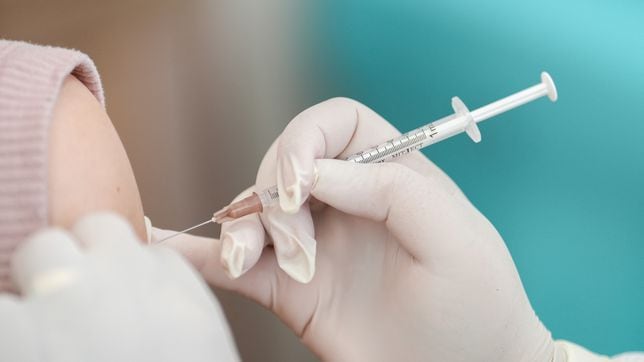The World Health Organization (WHO) has already listed XBB.1.16, also known as ‘Arcturus’, on variants of COVID-19 under surveillance and currently in circulation; and it has already rebounded in countries such as India, the United States, Australia and Singapore, especially affecting children under 12 years of age. You are going to be together recombinant variant of the BA.2.10.1 and BA.2.75 sublines, it was first documented in January 2023 and has already been placed “under surveillance” by the WHO.
But what effects does this new variant of COVID-19 have? As explained on Tuesday by Mike Ryan, executive director of the WHO Emergency ProgramThe OMS you are not seeing “a different spectrum of symptoms or severity associated with this variant of interest, but they are looking at “features associated with greater transmission capacity.
Specifically, the WHO has registered a total of 3,000 cases of ‘Arcturus’ since Monday, representing 4.2% of all sequenced samples. “What is significant is that a month ago it was below 0.5%. So what we’re really seeing is an advantage of growth estimated, some evidence of immune escape characteristics,” Ryan said.
For this reason, the expert pointed out thatThe variant could spread globally and cause an increase in incidence, although “there are no signs at this time of increasing severity.” “Because of this variation in the virus, it is very difficult to predict. We are not fighting the same thing all the time. The virus continues to evolve, it continues to challenge our immune system, it continues to try to evade that immune system, so we must remain vigilant“, he pointed.
Is conjunctivitis now a more frequent symptom?
Although some indian media collect that the conjunctivitis It is one of the most frequently reported symptoms after the Arcturus rebound, Richard Reithinger, infectious disease epidemiologist at RTI International, explained to Fortune what “It’s probably too early to tell” if the symptoms have changed. However, conjunctivitis has already been reported in other variants of COVID-19, the expert noted.
In fact, during the WHO conference this Tuesday, Dr. Abdirahman Mahamud explained that, regarding the rumors that conjunctivitis could be a more frequent symptom in XBB.1.16, they are nothing more than “known effects that are already part of COVID”.

